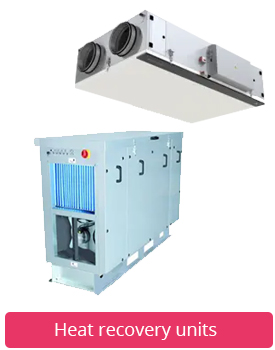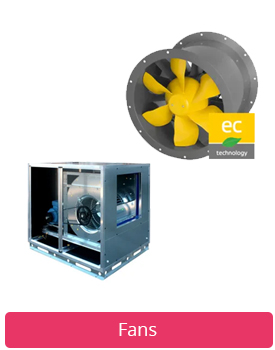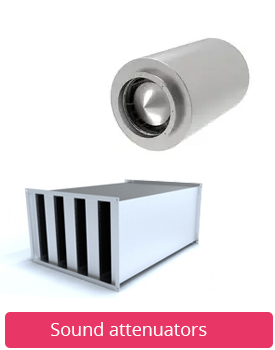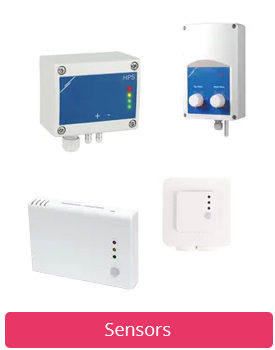Blog
Download our brochure

Stay informed
Imagine this: you walk into a hotel lobby. It's a sweltering summer day, but the moment you step inside, you're greeted by a wave of cool, refreshing air. Or, picture yourself at the office. Focused and energized, you tackle your tasks in a perfectly temperature-controlled environment.
Why Well-Designed HVAC Systems Are Essential in Hotels and Offices
Behind these scenes of optimal comfort lies a well-designed HVAC (heating, ventilation, and air conditioning) system. In hotels and offices, where occupant satisfaction is paramount, a well-functioning HVAC system isn't a luxury - it's a crucial element for occupant well-being, productivity, and overall satisfaction. Let's delve into why:
- Guest and Employee Comfort: The most crucial function of an HVAC system is maintaining a comfortable temperature and humidity level. Inconsistent temperatures can lead to lethargy, discomfort, and even illness. For hotels, this directly impacts guest satisfaction. Guests expect to feel relaxed and at ease in their rooms, and an improperly functioning HVAC system can quickly turn a positive experience negative. In offices, it can affect employee productivity and morale. A well-designed HVAC system creates a consistent and pleasant environment for everyone.
- Improved Air Quality: HVAC systems don't just regulate temperature; they also play a vital role in air quality. Proper ventilation removes stale air, pollutants, and airborne allergens, contributing to a healthier environment for guests and employees alike. This is especially important in densely populated spaces like offices, where poor air quality can exacerbate allergies and respiratory illnesses.
- Energy Efficiency: Modern, well-designed HVAC systems are significantly more energy-efficient than older models. This translates to lower operational costs for hotels and offices. Proper system maintenance also plays a crucial role in efficiency. Regular cleaning and filter replacements ensure optimal airflow and prevent the system from working harder than necessary. This not only saves energy but also extends the lifespan of the equipment. Additionally, it reduces the environmental impact of these buildings.
- Reduced Noise Levels: Noise from a poorly designed HVAC system can be disruptive and distracting. Modern systems operate at lower noise levels, ensuring a peaceful environment for both work and relaxation.
- Odor Control: Effective ventilation helps eliminate unpleasant odors, ensuring a fresh and inviting atmosphere in hotels and offices.
Conclusion
In conclusion, well-designed HVAC systems are the backbone of thermal comfort, good air quality, and energy efficiency in hotels and offices. In today's competitive landscape, hotels and offices cannot afford to overlook the importance of a well-designed HVAC system. It plays a critical role in creating a comfortable and healthy environment for occupants, leading to increased satisfaction, productivity, and cost savings.
By investing in a well-planned and properly maintained HVAC system, businesses can ensure the well-being of their guests and employees, while reducing operational costs and their environmental footprint. While an initial investment in a well-designed HVAC system may seem higher, the long-term benefits outweigh the costs. Improved occupant comfort, increased productivity, reduced energy consumption, and lower maintenance expenses all contribute to a significant return on investment (ROI).




